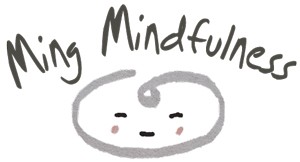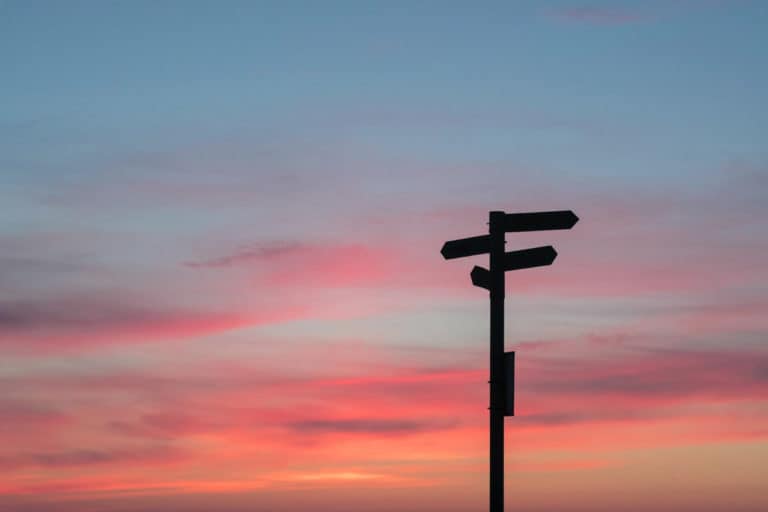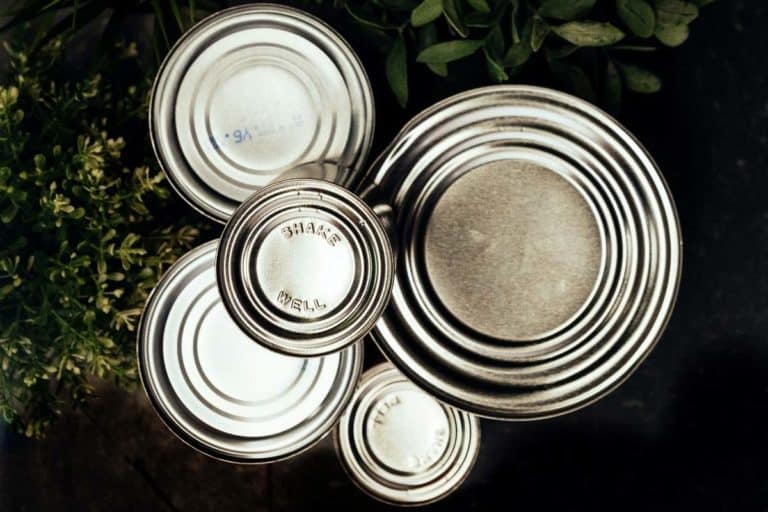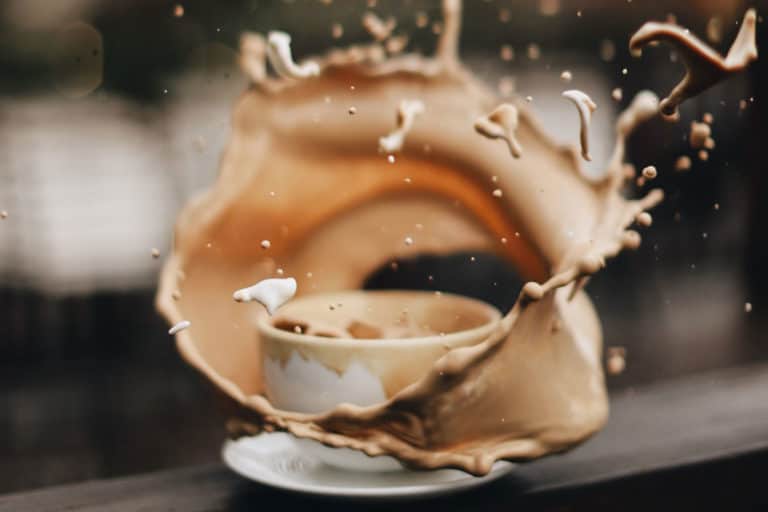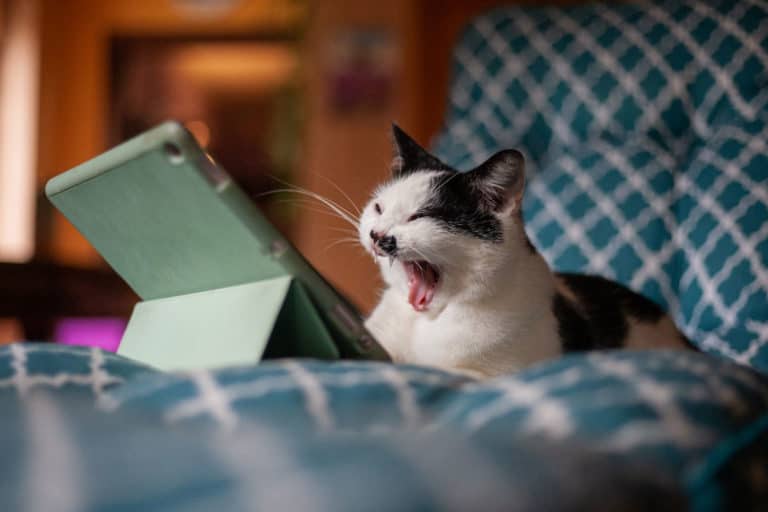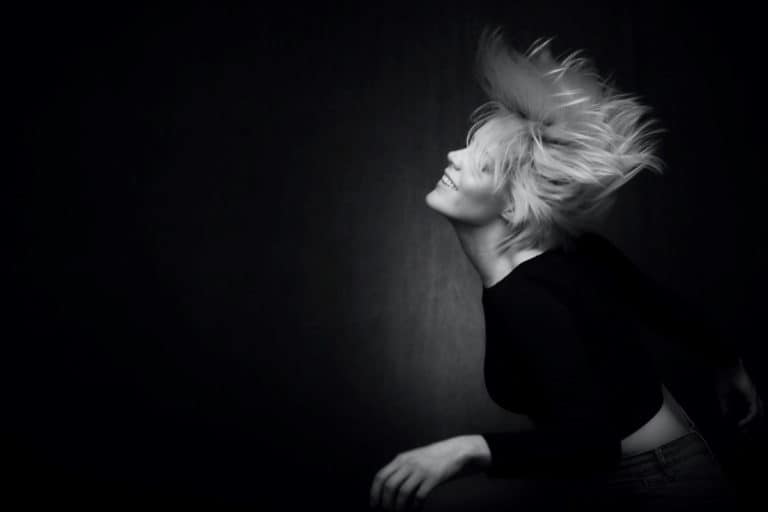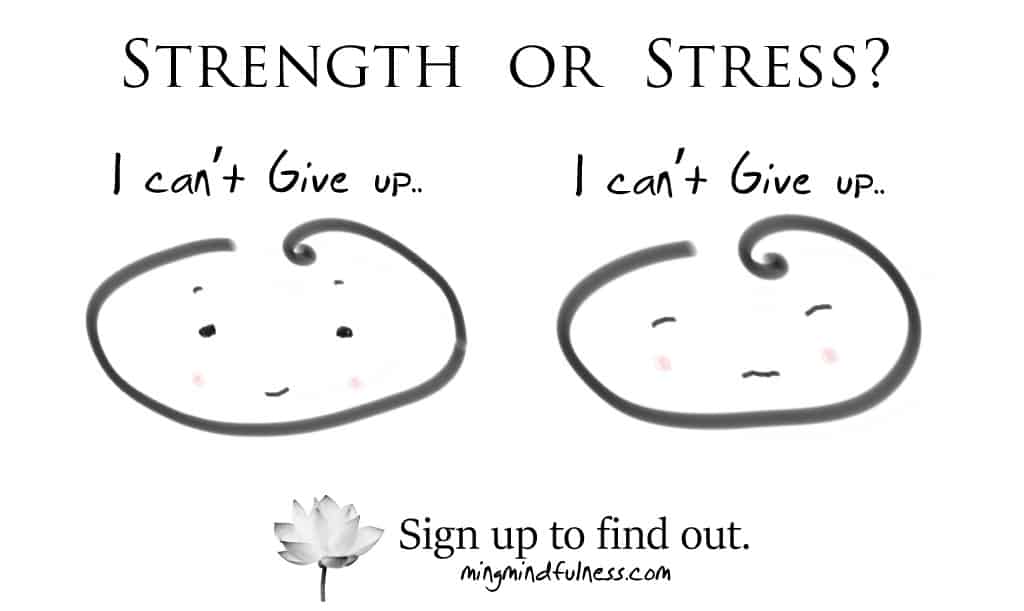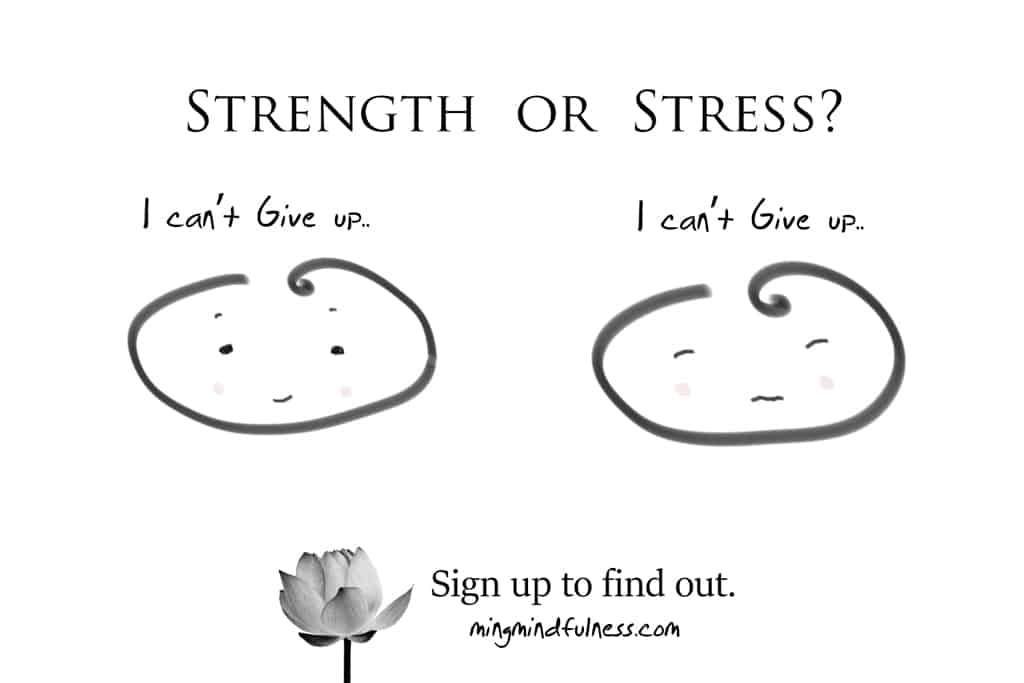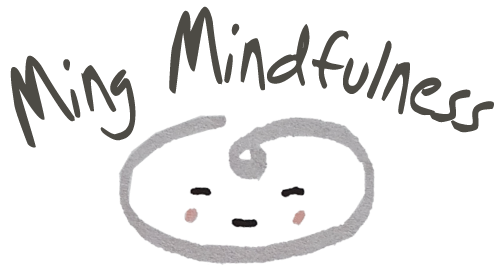
Non-Judgement vs. No Judgement
At some point in practice, one might realise non-judgement is not ‘No Judgement’.
What’s the difference?
Before I answer this, one needs to understand the notion of non-resistance and be able to recognise aversion.
‘I should not judge.’ – Through this statement, one can already detect aversive tension. The judgement of judging. The sense of not wanting (aversion) your judgemental thoughts to be here.
In practice, we do not shut down or push away our judgemental thoughts.
‘Judgemental thoughts are here.’
‘Let me look closer – What are the words? What feelings are here? What body sensations are here?’
A neutral curiosity and a leaning in towards the judgemental thoughts. A kindness or compassion for the underlying anger, sadness or frustration that might be present.
A ‘gentle leaning in’ versus ‘turning away or resisting’.
A recognition that what is here is already here. It’s completely human for our mind to come up with all kinds of thoughts – judgemental or not. Mostly it happens so quickly, it’s impossible to prevent anyway.
Turning away or reprimanding ourselves actually prolongs the entire struggle of being judgemental. Or sometimes lead us in loops of mental thinking, wanting to justify why we judge or why the other party is really to blame. Hence perpetuating the ‘judgemental’ activity that are going on within, or worse creates an undercurrent of perpetual anger and toxic shame; increasing the likelihood of us reacting negatively or unwisely.
Judgement as part of human nature
Acknowledging that making judgments is also part of survival and basic functionality in life which helps us discern and protect ourselves at times.
Hold judgements spaciously. Hold the emotions that comes with it spaciously. Realise they come and go as they wish.
It becomes a problem only when judgements grip us, and we find ourselves fixated with the right and wrong of the situation or our judgements itself that we begin to lose sleep over it.
Judgement is not the problem
Wanting the judgements that are already here to be “not here” is the problem.
We can cultivate a practice that helps to relate to (build a relationship with) our thoughts and feelings in a more spacious and open way.
We can learn to lean in with curiosity instead of resisting or turning away from it.
Then we can come to realise in our bones and body, that the only way judgements become a problem is when we are judging or hating ourselves for it.
